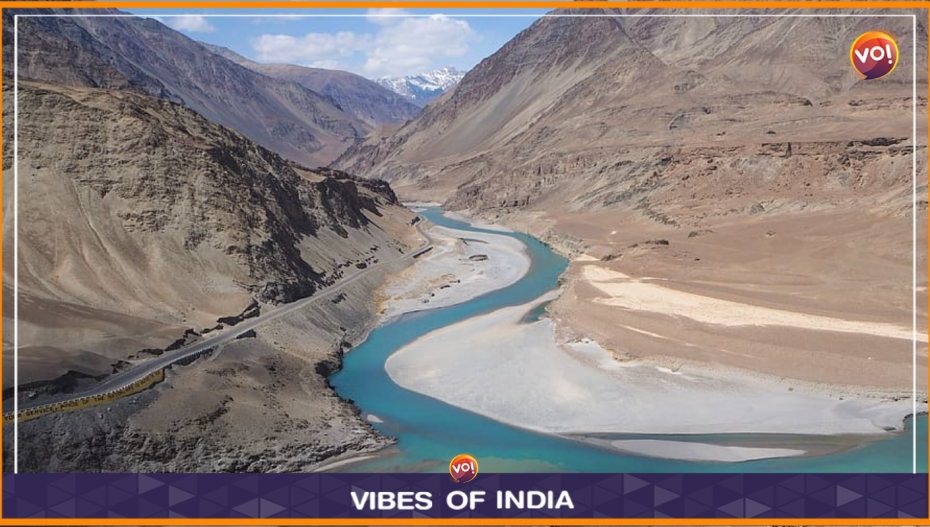India issued a notice to Pakistan for modification of the Indus Water Treaty (IWT) of September 1960. The notice was conveyed on January 25 through the respective Commissioners for Indus Waters as per Article XII (3) of IWT.
In 2015, Pakistan requested for appointment of a neutral expert to examine its technical objections to India’s Kishenganga and Ratle Hydro Electric Projects (HEPs). In 2016, Pakistan unilaterally retracted this request and proposed that a Court of Arbitration adjudicate on its objections.
This unilateral action by Pakistan is in contravention of the graded mechanism of dispute settlement envisaged by Article IX of IWT. Accordingly, India made a separate request for the matter to be referred to a neutral expert.
The initiation of two simultaneous processes on the same questions and the potential of their inconsistent or contradictory outcomes creates an unprecedented and legally untenable situation, which risks endangering the IWT itself. The World Bank acknowledged this in 2016, and took a decision to “pause” the initiation of two parallel processes and request India and Pakistan to seek an amicable way out.
Despite repeated efforts by India to find a mutually agreeable way forward, Pakistan refused to discuss the issue during the five meetings of the Permanent Indus Commission from 2017 to 2022.
At Pakistan’s continuing insistence, the World Bank has recently initiated actions on both the neutral expert and Court of Arbitration processes. Such parallel consideration of the same issues is not covered under any provision of IWT.
The objective of the notice for modification is to provide Pakistan an opportunity to enter into intergovernmental negotiations within 90 days to rectify the material breach of IWT.
Also Read: ECI Awards Guj Cop












